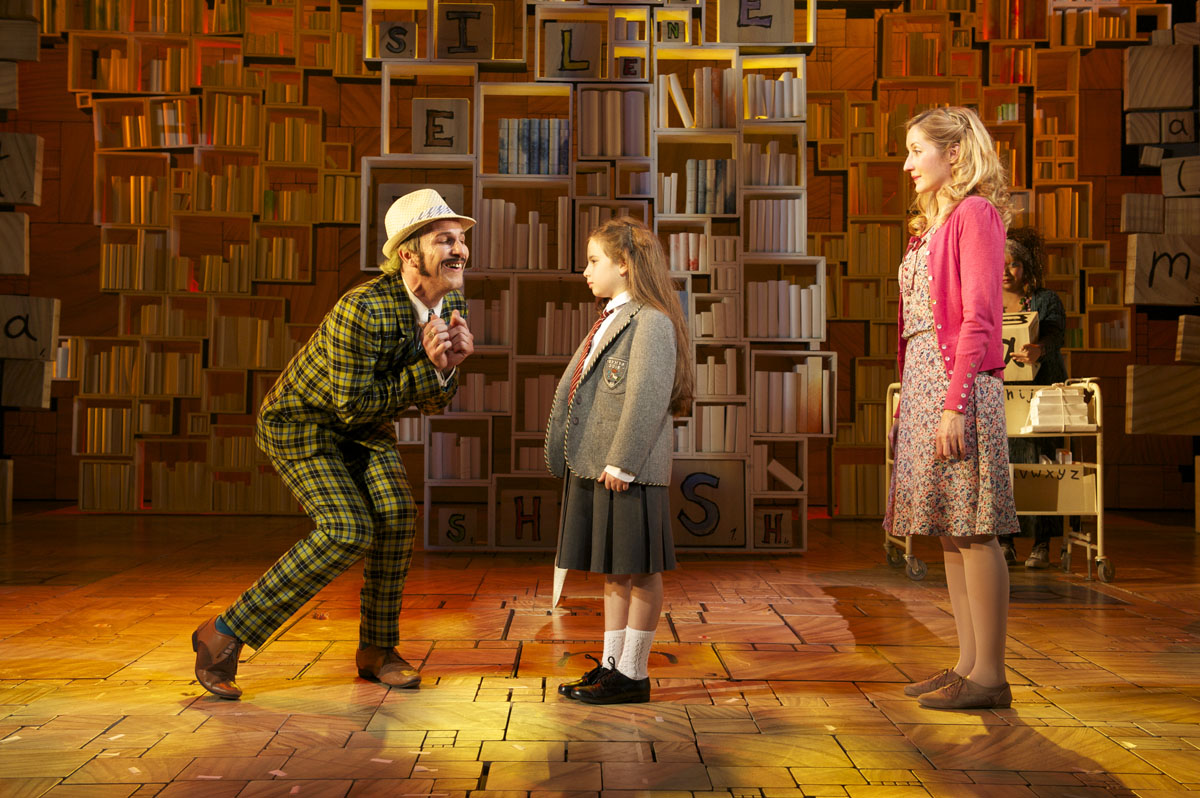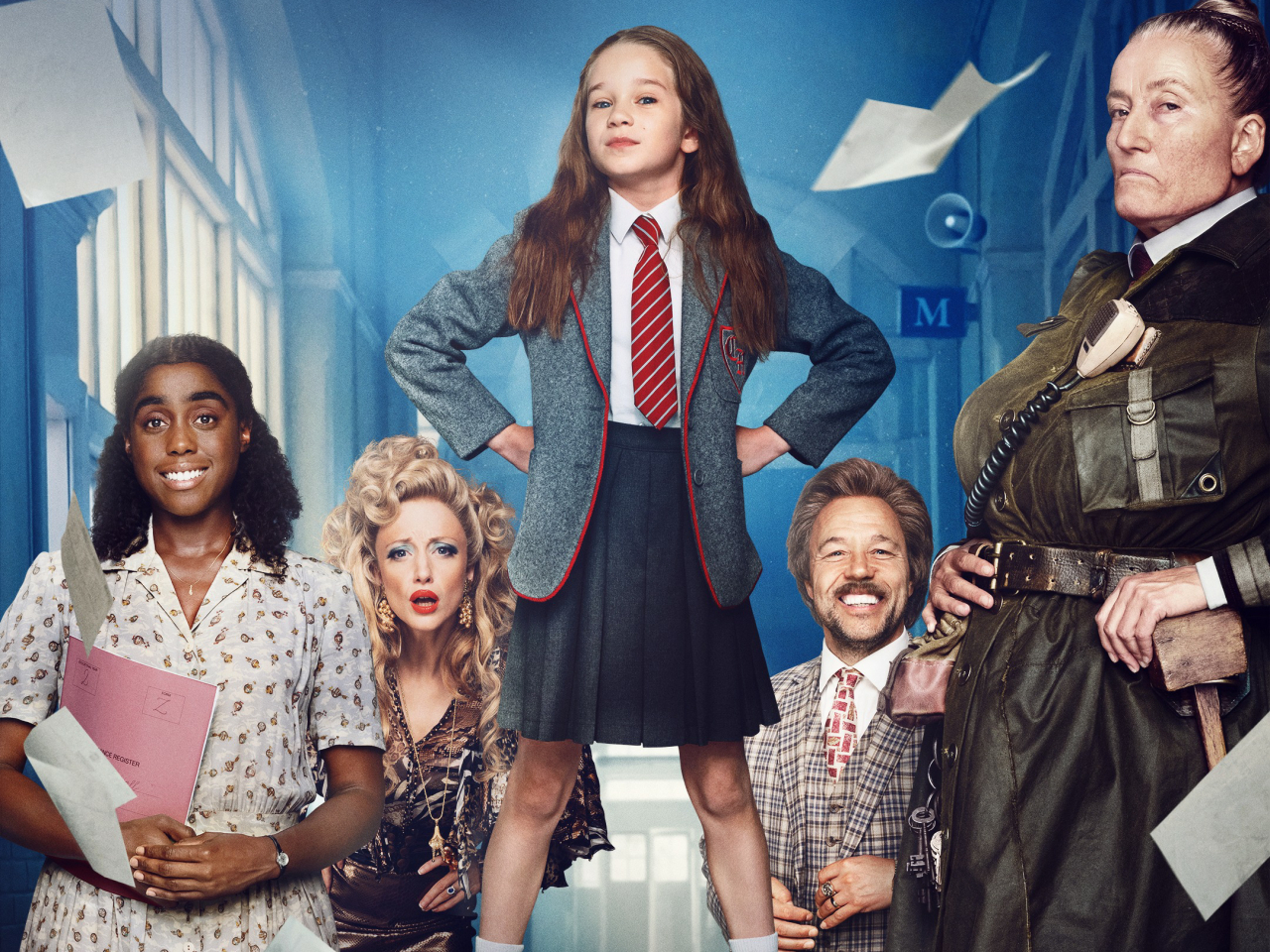
No cellphones or computers in sight here: all the better to encourage our heroine’s prodigious book-reading.Ĭutting the long, episodic setup of Dahl’s story and hewing close to his own Tony-winning stage book, screenwriter Dennis Kelly skips right past Matilda’s life-changing discovery of literature, instead taking her advanced genius as, well, read. This Matilda Wormwood drinks tea and eats Cadbury Curly-Wurlies in a corner of suburban England that is updated in its social diversity but otherwise carefully era-non-specific.

(That makes sense, given that with a four-year Broadway run, the musical was merely a success Stateside still going in the West End after 11 years, it’s an institution at home.) That’ll come as a relief to any purists who objected to Danny DeVito’s brashly Americanized 1996 film of Dahl’s book. When it cannily hits the streaming platform on Christmas Day, “Matilda” could well grow into a phenomenon - especially in Britain, to which the film has been uncompromisingly tailored.

That balance, correct or otherwise, isn’t likely to diminish the cross-family appeal of this year’s London Film Festival opener when it reaches audiences in December - via Sony in the U.K., and Netflix elsewhere.

What you remember from it, however, is each scene in which elder malevolence deliciously spoils the party. The film, on balance, is cheery, sherbet-colored stuff, bursting with goodwill for all good people. 12-year-old Alisha Weir’s agreeably precocious title character and a large, eager ensemble of self-proclaimed “revolting children” fill the screen in one busy number after another, as they vocally stand up for kids’ right to be kids in the face of authoritarian adult opposition - only for Emma Thompson’s towering, truck-jawed antagonist to rather greedily pull focus from them with each rancorous line reading. And yet, even as its script dictates otherwise, grownups still get the upper hand in director Matthew Warchus’ bouncy screen transfer of his hit stage musical.


 0 kommentar(er)
0 kommentar(er)
